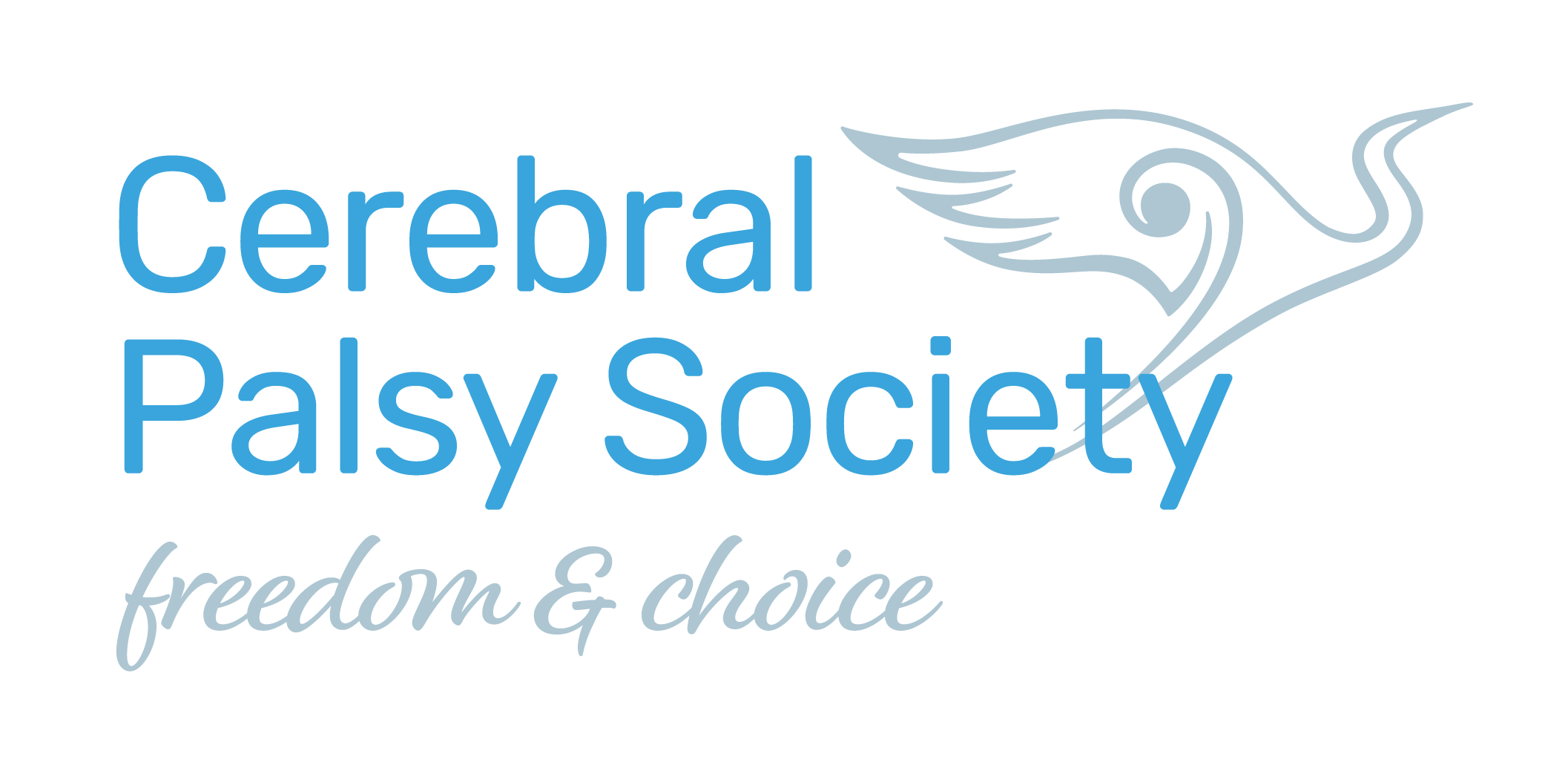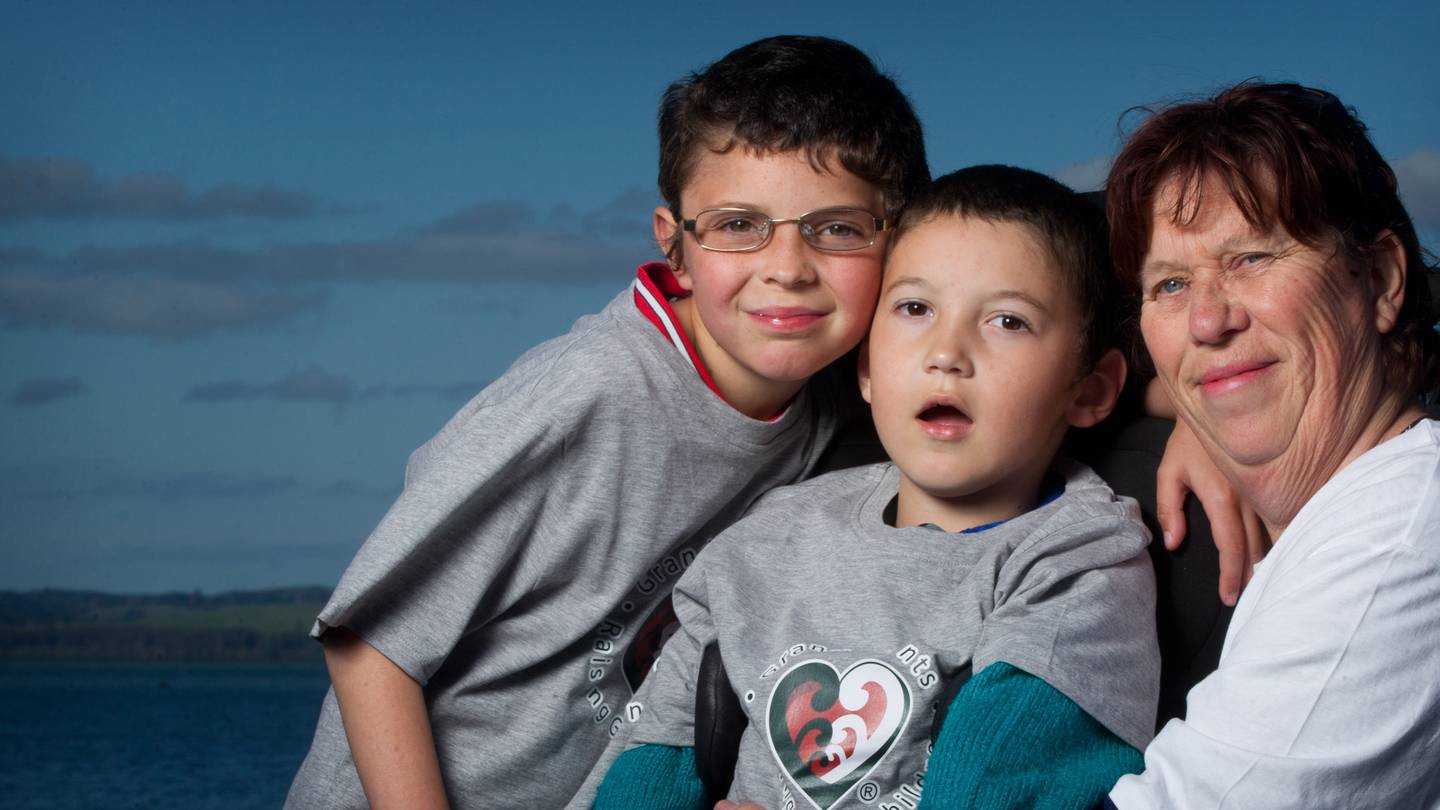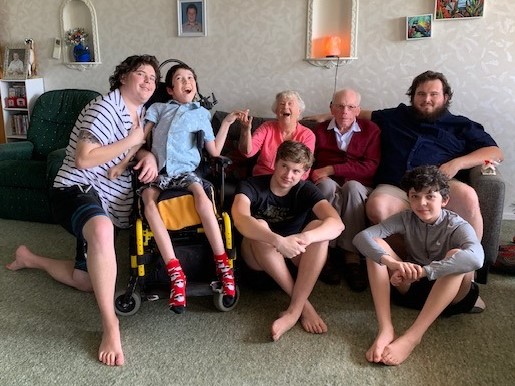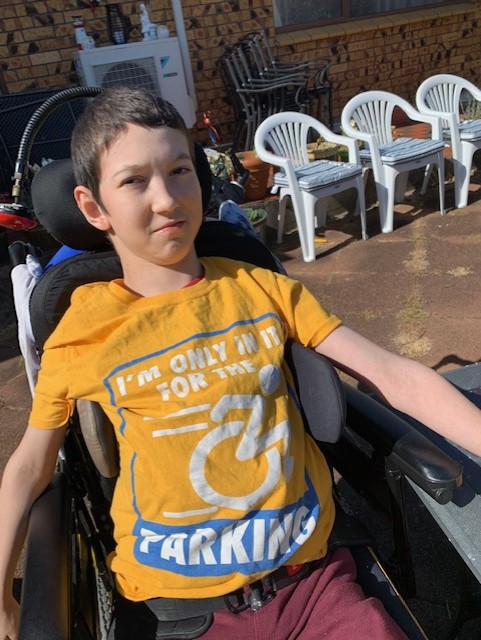Our Members - Their Stories
Grandparenting a child with Cerebral Palsy
17 Mar 2023
Anne Donnell and her mother Rosemary MacKenzie pay tribute to their grandson and great-grandson Shane White.
By Melanie Louden
Anne Donnell with her grandsons Isaiah, left, and Shane, when they were six and four.
Parenting. It’s not easy.
But in the words of Anne Donnell and her mother Rosemary MacKenzie, “grandparenting is harder”, and brings with it amazing rewards.
Between them Anne (aka Nana) and Rosemary (great- Grandma, known as Grandma) have 10 children and 10 great grandchildren.
In 2005, one of Anne’s grandchildren, Gary, moved in with her and her two young sons. Gary was two years old at the time, and her sons were aged eight and four.
A few years later Gary’s half-brothers Isaiah and Shane moved in with Rosemary. Isaiah was two years old; Shane was just six weeks old.
Another six weeks later, Shane was diagnosed with Spastic Quadriplegia Cerebral Palsy.
He was three months old.
Sadly, Shane passed away on December 26, 2020, at the age of 12.
Isaiah and Shane lived with their great-grandparents, Grandma Rosemary and Grandad Allan, for five years before joining Gary, and their two uncles, at Nana Anne’s in 2012.
Rosemary says the decision for her and Anne to take the three boys in was a “no brainer”.
“There was nowhere else for them to go. It was a rescue mission.”
The boys fell on their feet and moved into loving family environments in Rotorua, that included four-generations.
Not long after Gary came to live with Anne, they found out about the Grandparents Raising Grandchildren Trust (GRG).
“It was good to know we weren’t alone,” Rosemary says.
Anne, who eventually became a group coordinator, says there is “a lot of need out there”.
“People joining up know they are talking to someone who has got the t-shirt, who has been there done that, someone who has been through what they are going through, what they will continue to go through.”
On top of providing crisis support and running monthly meetings, Anne acts as a general advocate for grandparents.
“I’m not a social worker – it is all learned knowledge that I pass on. That can be everything from children with disabilities through to the court process, WINZ issues, family group conferences, court hearings. Anything they feel like they might need a support person for.”
She also networks with other organisations, and helps allocate discretionary funding for outreach crisis and emergency food.
In 2012 Isaiah and Shane moved from living with Rosemary and Allan, their great-grandparents, to living with Anne, their Nana, her two sons, and Gary, their half-brother.
Rosemary and Anne were devastated when Shane, who was non-verbal, died but agree they have many memories to treasure of the three boys living with them.
“Shane had the most beautiful big brown eyes and these great long lashes to die for,” Rosemary says. “And he knew how to use them. He was a terrible flirt. He could flutter those eyelids.
“He was beautiful,” Anne says.
“He had a lot more intelligence than people gave him credit for. Being non-verbal …it annoys me that people think a nonverbal child is also intellectually disabled when they’re not. He was hugely intelligent and he proved that to us and his home-school teacher, Dana.”
Shane, who was a member of the Cerebral Palsy Society, was well known for his wicked sense of humour, his love of celebrations and Disney movies, and his Queen’s voice.
When Shane received his communication device, he went through the voice options and rather than selecting a young boy’s voice he chose one that sounded like the late Queen Elizabeth II.
“That was the voice he chose,” Anne says. “He’d say ‘I want to speak like the Queen’. He didn’t want a little boy’s voice. Everything was spoken in the Queen’s voice.”
Shane was well known for his sense of humour.
Shane loved watching sport, would always do the haka along with the All Blacks, and enjoyed family games of backyard cricket where he chose the role of umpire.
Rosemary says it wasn’t an easy journey dealing with the Family Court system, and bringing a child with a disability into the family homes.
“What I would to say to anyone who may be a bit disconcerted about being handed a child with challenges, like CP, is yeah, it is hard work. But boy, the rewards are immense.
“We got back from Shane far more than we gave – his love was unconditional.”
Click here for more information about the Grandparents Raising Grandchildren Trust.
This article was originally published in the January to April 2023 edition of The Review magazine.
For more information:
Melanie Louden
Communications Manager
melanie@cpsociety.org.nz
Mobile: 022 087 8191




